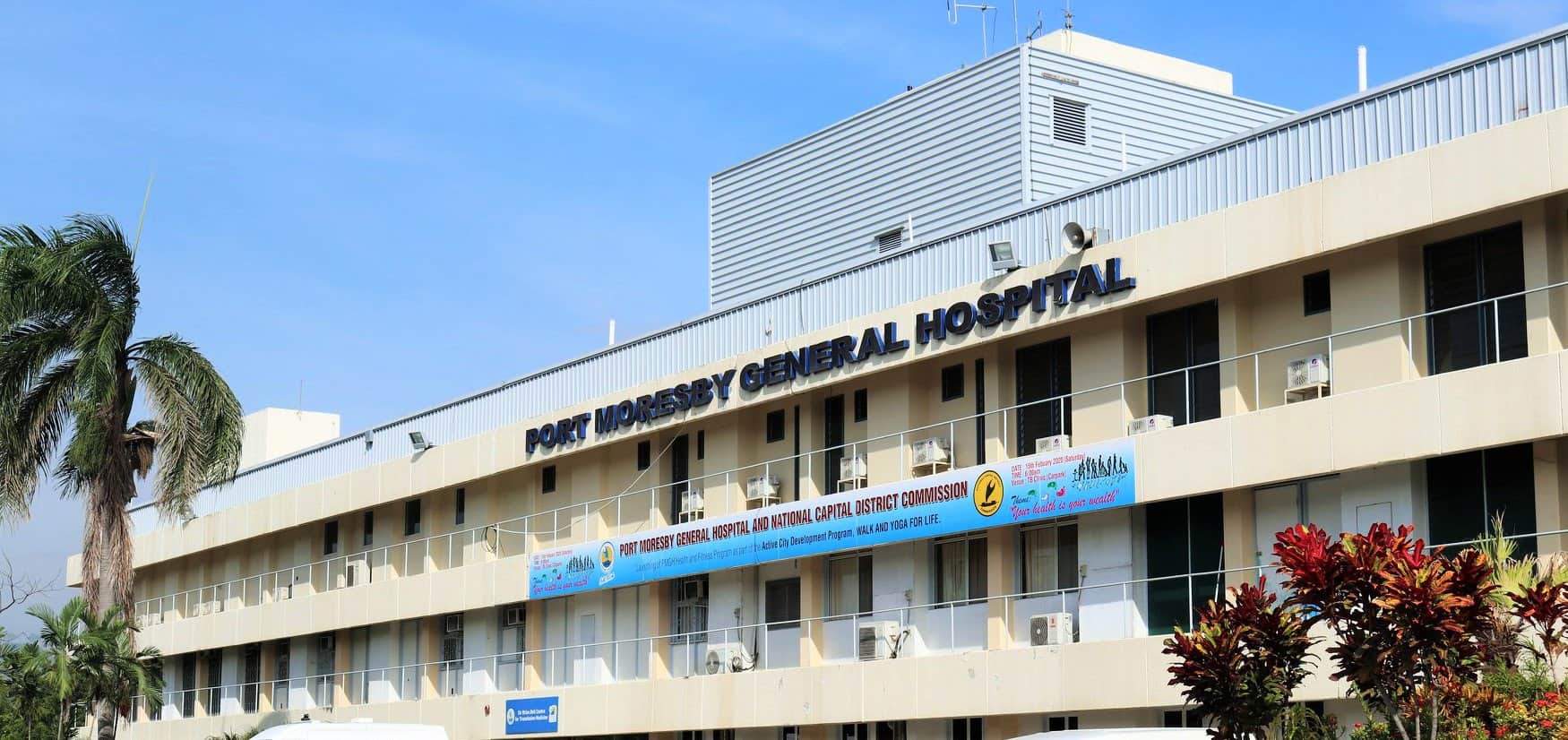A ticking time bomb waiting to explode awaits Papua New Guinea, according to practitioners in the Emergency Department of the Port Moresby General Hospital who reported seeing two cases with extreme psychosis in matters regarding taking of drugs like methamphetamine.
Psychosis is when people lose some contact with reality.
This might involve seeing or hearing things that other people cannot see or hear (hallucinations).
This is according to Dr Mangu Kendino, a specialist emergency physician working at the Port Moresby General Hospital, and Registrar Emergency Medicine, Dr Clare Tomdia.
“One came from home and another was from one of the disciplinary forces,” Dr Tomdia said.
At the National Conference, Dr Tomdia stressed on National Reduce Alcohol Related Harm (NRARH), that as early as 2020, they saw reports of possession of methamphetamine (meth), however, due to low penalties or laws in the Dangerous Drug Act, they could not penalise these persons.
“It continued to 2021.
We found that in the country, there was a laboratory and so we were grateful for the police for making efforts in arresting people in the continuation of this labs,” she said.
“Up till now, we still have issues regarding the possession of methamphetamine and the use of meth,” she said.
Dr Tomdia said we have to be aware that these patients become very violent as they have seen from the two cases that came in and were sent to the mental health team.
Statistics show that only 5 per cent of persons undergoing rehabilitation for this drug come out clear while the rest, even as early as three months, they relapse.
According to her presentation, in the Pacific, there is no data on the prevalence of the drug use.
“It is a ticking time bomb waiting to explode because meth will change everything,” Dr Tomdia said.
“The issue is going to pose much more of an escalated burden on our clinical services as there are many other things we are managing and this is going to compound the issue.
“In the past three years, we have seen very interesting issues arising in matters regarding drug and alcohol.
“When we talk about drugs, the health risks actually increase with frequency of use.”
She said if they have marijuana and cocaine, then of course there’s bound to be abuse of this drug.
Methamphetamine comes in several forms and can be smoked, snorted, injected, or orally ingested.
The preferred method of using the drug varies by geographical region and has changed over time.
Smoking or injecting methamphetamine puts the drug very quickly into the bloodstream and brain, causing an immediate intense “rush” and amplifying the drug’s addiction potential and adverse health consequences.
The rush, or “flash” lasts only a few minutes and is described as extremely pleasurable.
Snorting or oral ingestion produces euphoria – a high, but not an intense rush.
Snorting produces effects within 3 to 5 minutes, and oral ingestion produces effects within 15 to 20 minutes.
What concerns the medical professionals is that they will have an extra burden placed on them in addition to the load they already have.
“In 2011 alone in America, they saw about a 100,000 ED (emergency department) admissions just for meth abuse, and these are in countries with established and well organised hospital systems and facilities,” Dr Tomdia said.
“Imagine the burden on PNG.
“Meth is a psycho stimulant and makes a person feel good and it’s known as a ‘feel good substance’ and it has also anti-depression effects.
“As health practitioners, we are tasked now with a drug that basically alters very important substances in a person’s body that controls the heart rate, blood pressure, respiration, and body temperature.
“It is metabolised in the liver.
“Within 15 minutes, persons who consume this drug will have manifestation signs and symptoms already and they feel so good.
“For us in the hospital, it is just about supportive therapy by putting them on oxygen, checking their body fluids and investigations.”
Dr Tomdia said they are also able to do ECGs, checking the liver and kidney functions, some blood gases and cardiac enzymes but they are not able to do blood plasma levels for concentration because they do not have the equipment and resources to test these drugs and thereafter manage them.
For them, it is just managing the clinical symptoms that they have come with, the psychosis, high blood pressure and increased heart rates.
“Looking at the financial consequence of this issue, is PNG ready to take on this burden?” Dr Tomdia asked.
“In order for PNG to combat this, we need to know the numbers and work out the prevalence of meth use in PNG.
“And it is quite simple and that is to test the target groups and mapping out hotspots, track and monitor now.” She said the conversation is not about alienating groups, however, it is to change the conversation for them to seek out help because they want a healthier community and it will affect families, businesses, organisations and individuals.
